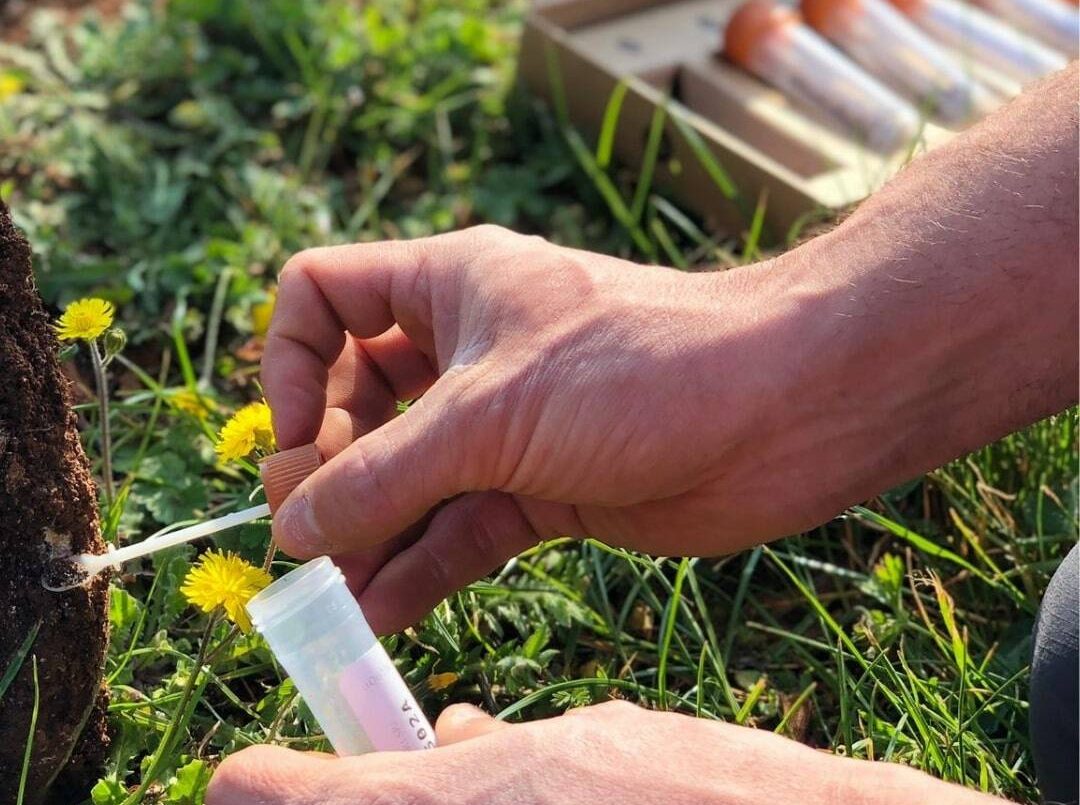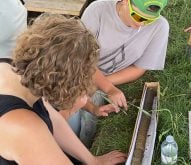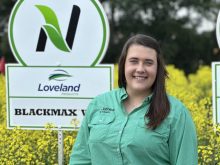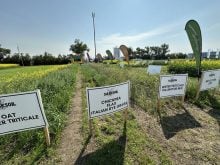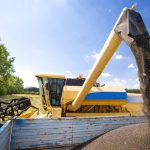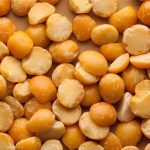A new partnership aims to bring greater clarity to the murky world of agricultural biologicals.
Announced May 12, the initiative pairs ag-input platform AgList with soil microbiome analytics firm Biome Makers, to introduce a new “badge”-type system signalling when products have undergone independent, science-based testing.
AgList, a brand-new platform launched in January 2025, lets farmers and agronomists browse a curated database of biological inputs. Users can endorse products they’ve had success with, helping others make informed decisions based on shared experiences. The company describes itself as “Yelp for agriculture” — but without the negative reviews.
Read Also
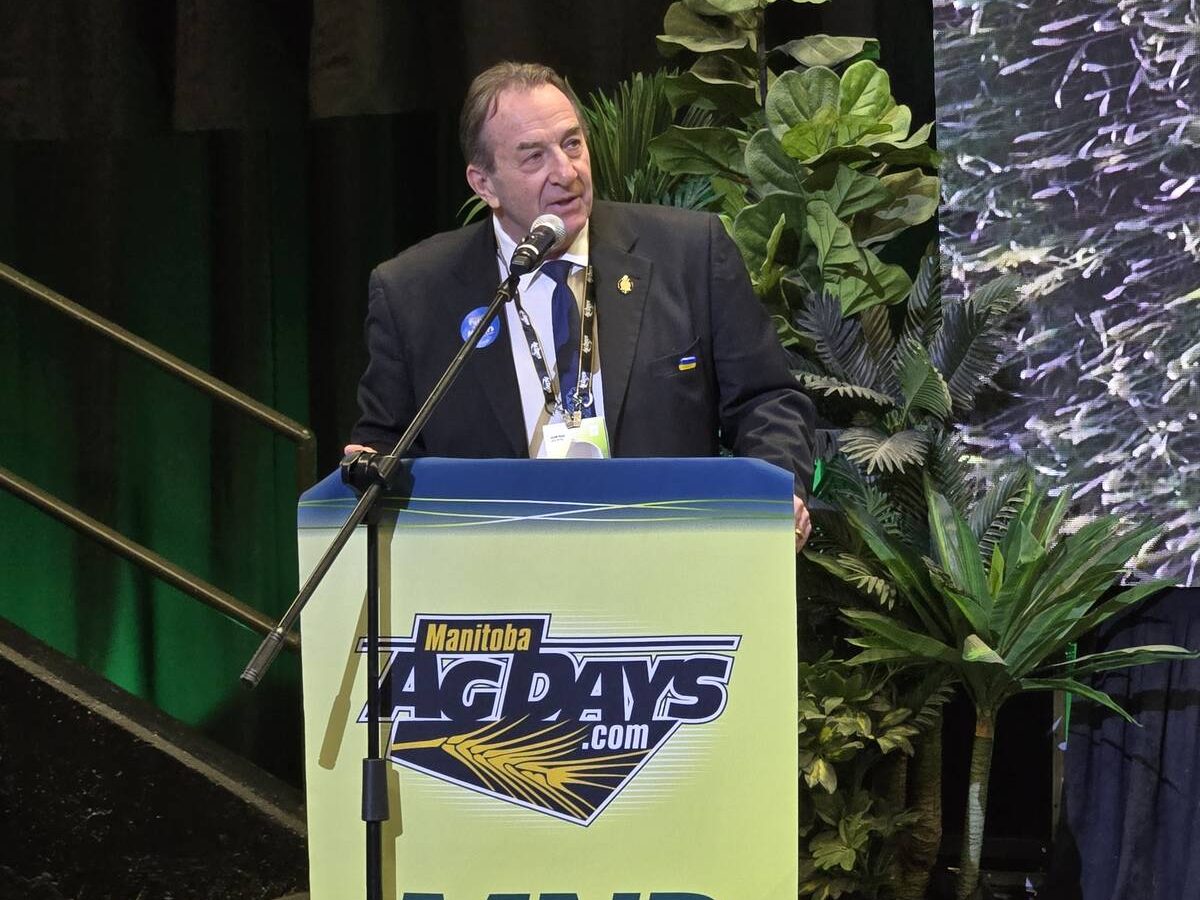
Manitoba crop insurance expands wildlife coverage, offers pilot programs
New crop insurance coverage is available to Manitoba farmers.
Biome Makers is a global ag-tech company specializing in soil biology founded in 2015 by biotech entrepreneurs Alberto Acedo and Adrián Ferrero. Its flagship platform, BeCrop, analyzes the functional potential of soil microbial communities in the lab. BeCrop Trials builds on that foundation by measuring how specific inputs affect the soil microbiome under real-world field conditions.
Biome Makers is the first company to contribute field trial data to AgList. Products tested through BeCrop Trials now feature a BeCrop badge on AgList, indicating they’ve undergone independent, science-based evaluation using DNA-based soil analysis.
Building trust
“This partnership is all about increasing transparency and building trust,” says Tyler Nuss, co-founder of AgList. “Our goal is to help the industry cut through the noise, and Biome Makers’ science-first approach gives credibility to the products that earn their badge.”
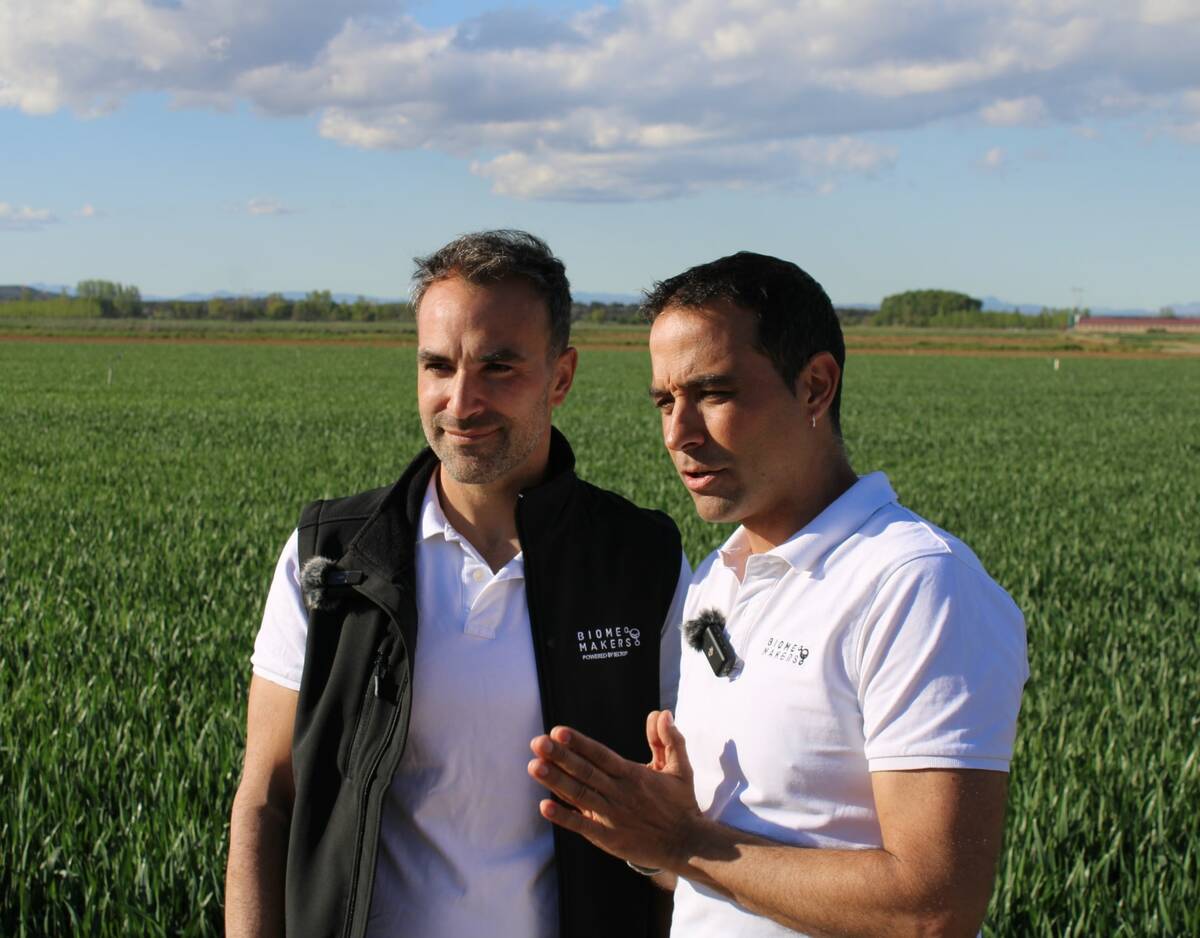
BeCrop Trials measure changes in the soil microbiome after a product is applied. While the badge doesn’t validate efficacy, it signals the product has been through third-party field trials. Trial results are also published on AgList to further transparency.
“When a user of the platform sees the BeCrop logo, it’s an indication the company has run field trials with BeCrop to understand how their product is impacting the soil microbiome,” says Sunny Kaercher, business development manager at Biome Makers. “It’s an invitation for the grower to review the results.”
The challenge for biologicals
The move comes at a time when biologicals — agricultural inputs derived from living organisms or natural materials — are under growing scrutiny. Interest is rising, but so are questions about how well these products work and how they work at all.
Biologicals face a unique challenge, according to Oleg Yakhin, lead author of a 2017 global review of biostimulants published in Frontiers in Plant Science. Unlike conventional inputs, they often lack a clearly defined mode of action, complicating regulation and product comparisons.
“There are few products for which a specific biochemical target site and known mode of action has been identified,” Yakhin notes.
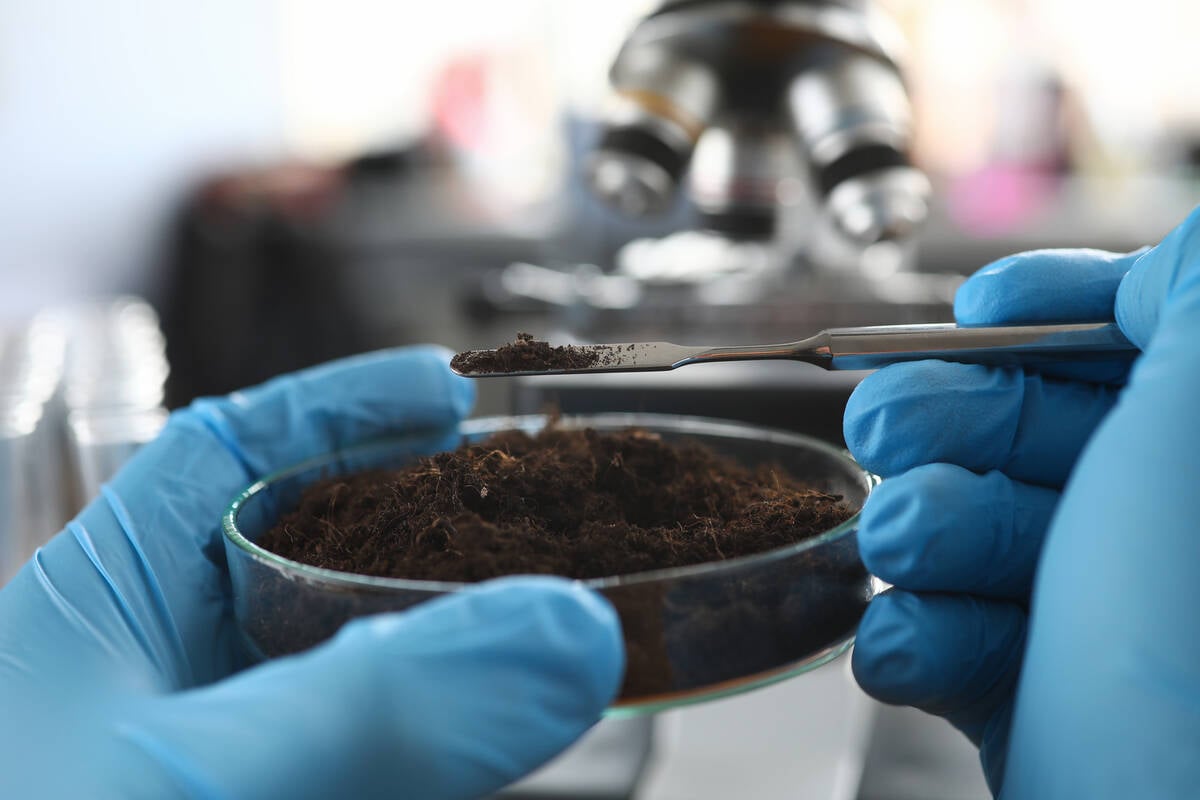
He also points out that products can come from a wide range of sources — bacteria, fungi, seaweed and more — and that varied manufacturing processes add further complexity. That diversity makes it difficult to group products or predict performance.
Despite these hurdles, he argued that proof of safety and efficacy — regardless of whether the mechanism is fully understood — is essential for broader acceptance.
While Yakhin’s review focuses on biostimulants, the same issues apply across the biologicals category: unclear mechanisms, inconsistent results and limited standardization remain persistent challenges for researchers, companies and growers alike.
Addressing the challenge
Those are exactly the kinds of issues the BeCrop Trials aim to address.
Kaercher says Biome Makers’ lab capabilities allow them to map biological function in the soil — providing over 50 different biological metrics. Depending on trial design, data on yield, fertility, and even plant tissue can be layered in.
“What our technology really enables is an exploration of what a product is doing biologically and whether that’s tied to a measurable effect like yield gain,” she explains.
Biological products are often complex formulations involving multiple species and materials, and their effectiveness depends heavily on environmental conditions. Factors such as soil type, moisture, climate and crop all influence outcomes — but that nuance is often lost. As a result, stories about the failures of biologicals circulate widely among farmers.
“We hear from folks all the time, ‘Yeah, we’ve used biologicals. They didn’t do anything,’” Kaercher says, adding that this perception often stems from unrealistic expectations or a mismatch between the product and the field’s biological needs.
“It’s often a function of the law of diminishing returns,” she says. “If a soil is already sufficient in any given biological function — like nitrogen cycling — then adding a nitrogen-mobilizing bacteria isn’t going to deliver a return on investment.”
That’s why understanding baseline soil biology is essential. Kaercher says soil testing upfront can lead to smarter product recommendations — and, in some cases, show no input is needed at all. In those rare cases where it’s determined yield can’t be improved with a biological, that too should be viewed as a win for the farm.
Modern agriculture often judges the success of an input based on yield alone, and as a result, BeCrop spends a lot of energy focusing on products to increase yield. But yield is not always the most relevant metric.
“Farmers could also be focused on building soil health, sequestering carbon or increasing biodiversity. Those are all metrics we can measure and help predict in our recommendations,” Kaercher says.
Looking ahead
Yakhin’s review also highlights a lack of well-structured field trials and limited communication of results as key barriers to commercial development and grower confidence. The AgList/Biome Makers partnership may help close that gap, bringing third-party trial data directly to a platform farmers already use.
Looking ahead, Kaercher sees an expanding role for soil diagnostics in shaping not only input decisions but overall farm strategy. Properly deployed, biologicals could reduce irrigation needs, cut fungicide use or even enable the soil’s natural defences to manage pathogens.
Whether this partnership will be enough to shift industry skepticism remains to be seen. But as interest in biologicals continues to grow, Kaercher says the need for clearer data and smarter recommendations is more urgent than ever.
“We’re providing real data on what these products are doing,” she says. “The smarter we get as an industry about how to prescribe them, the more success we’ll see.”


